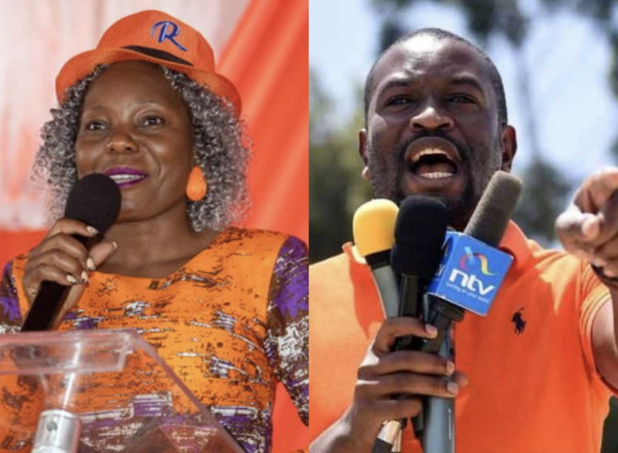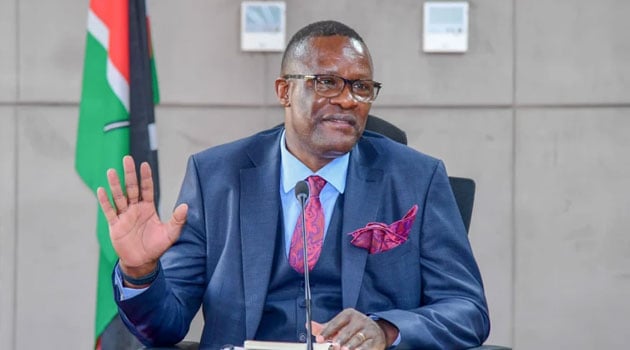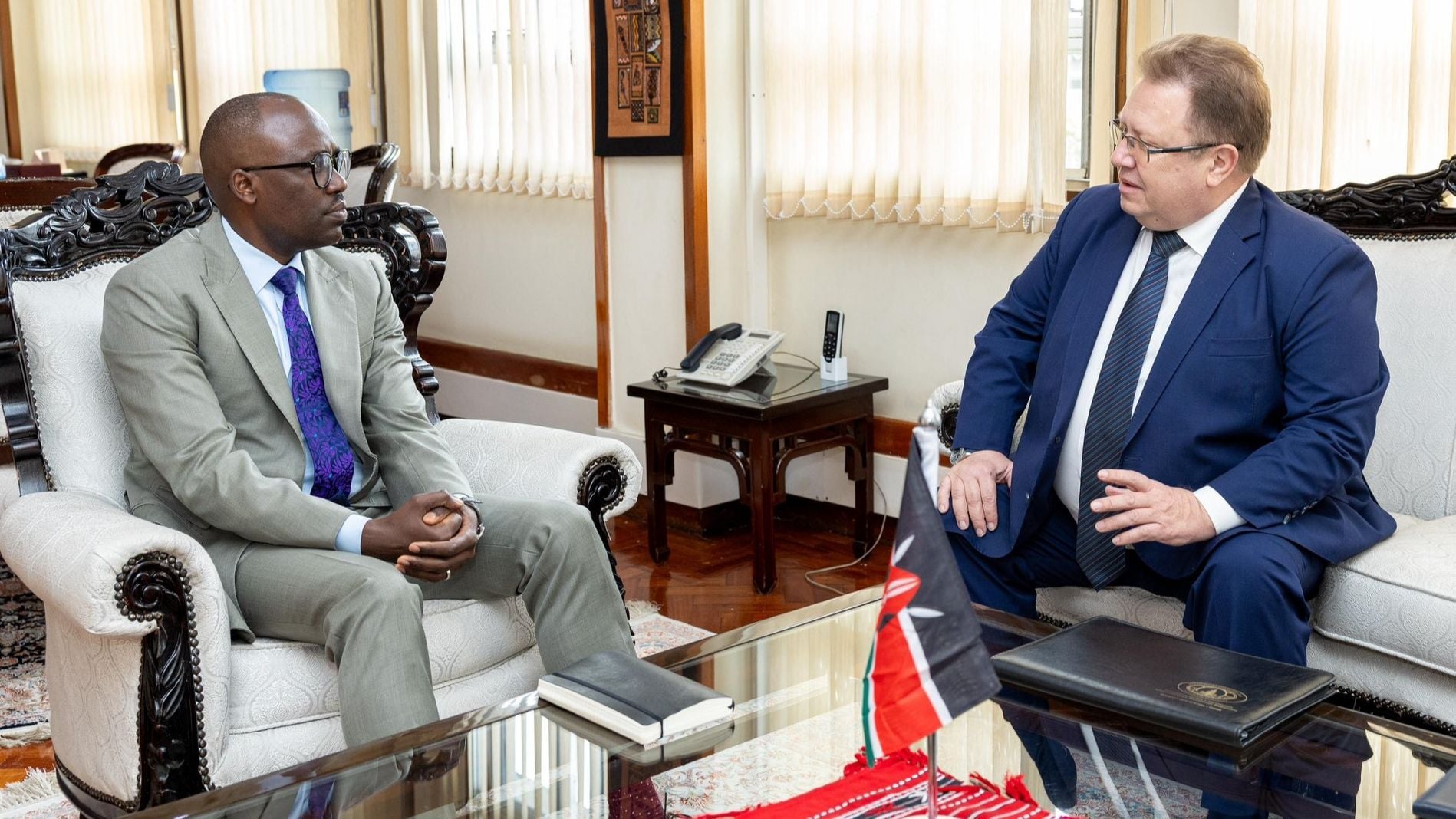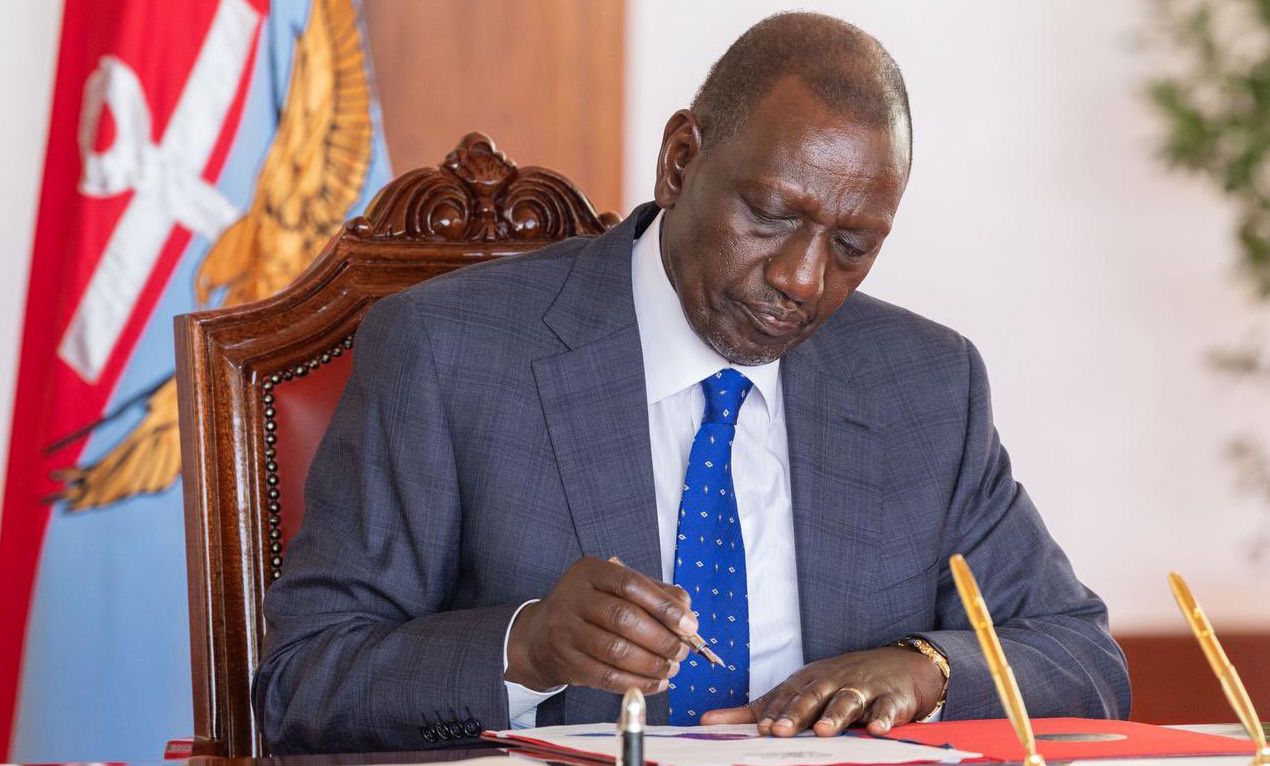As millions of Kenyans grapple with the rising cost of living, a quiet but significant expense continues to grow within State House; the mounting cost of sustaining President William Ruto’s expanding team of advisors.
From economic policy and national security to climate action and women’s rights, these advisory roles are designed to inform key presidential decisions. However, they come at a steep cost to the taxpayer.
Here’s a breakdown of the projected expenditure for the 2025/2026 financial year.
Office of the Council of Economic Advisors
The Office of the Council of Economic Advisors, chaired by economist David Ndii, is set to consume a staggering KSh 92.7 million from public funds, the highest among all presidential advisory units.
Read More
The largest portion; KSh 37.6 million is earmarked for rentals of produced assets. Foreign travel and subsistence follows at KSh 13.4 million, with domestic travel and transportation close behind at KSh 12.9 million.
Other notable costs include KSh 8.6 million for hospitality supplies, KSh 8 million for miscellaneous operating expenses, and KSh 3.9 million for printing, advertising, and information supplies. The office will also spend KSh 3.7 million on communications, KSh 3.3 million on general office supplies, and KSh 1.2 million on routine maintenance.
Members of the council include Moses Kuria, Prof Edward Kisiang’ani, and Nancy Laibuni, among others.
Office of the National Security Advisor
The Office of the National Security Advisor, headed by former Defence and Foreign Affairs Cabinet Secretary Monica Juma, is projected to cost taxpayers KSh 49.1 million in 2025/2026.
The bulk of the allocation; KSh 22.8 million will go to rentals of produced assets. The office will also spend KSh 7.5 million on hospitality, KSh 6.3 million on domestic travel, and KSh 5 million on foreign travel and subsistence.
Communication services will cost KSh 3.2 million, while KSh 1.8 million is set aside for general office supplies. Printing and advertising is budgeted at KSh 833,615, other operating expenses at KSh 1 million, and routine maintenance at KSh 600,000.
Former Inspector General of Police Joseph Boinett serves as deputy to Juma in this office.
Office of the Women Rights Advisor
The Office of the Women Rights Advisor, headed by Harriet Chiggai, is expected to spend KSh 45.5 million during the 2025/2026 financial year.
Among the largest allocations are KSh 11 million for rentals of produced assets and equal amount for operating expenses. Domestic travel and transportation is set to cost KSh 8.8 million, while hospitality is allocated KSh 4.1 million.
Foreign travel and subsistence will take up KSh 4.3 million, printing and advertising KSh 3.7 million, communications KSh 2.1 million, and office supplies KSh 1.8 million. A further KSh 600,000 is designated for routine maintenance.
Office of the Council of Climate Change Advisor
The smallest allocation goes to the Office of the Council of Climate Change Advisor, led by Ali Mohamed, which is set to operate with a budget of Ksh15.2 million.
The largest share, Ksh5.6 million, will fund domestic travel, subsistence, and other transportation costs. Hospitality supplies are allocated KSh 4.5 million, general office supplies KSh 3.4 million, and foreign travel and subsistence KSh 1.3 million. Communication services will cost KSh 425,000.
In total, these four advisory offices will cost Kenyan taxpayers over KSh 200 million in the 2025/2026 financial year, a figure that excludes salaries and allowances paid to the advisors themselves.
As economic pressure intensifies for ordinary Kenyans, the cost of maintaining these offices has become a growing point of scrutiny, raising serious questions about the government’s spending priorities and the need for greater transparency and accountability.











